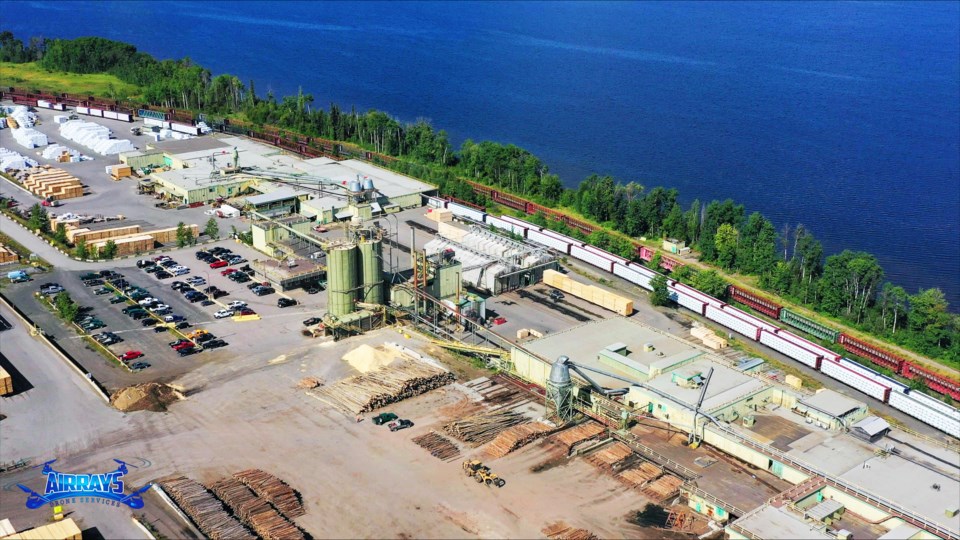Two ÎÚÑ»´«Ã½ First Nations are left reeling after the closure of the Fraser Lake Sawmill, which was announced by West Fraser Timber Co. Ltd. on Monday.
The company cited an inability to access economically viable fibre in the region.
Stellat'en First Nation and Nadleh Whut'en chiefs and councils are expressing deep sympathy to those who have lost their jobs due to the sudden closure of the Fraser Lake Sawmill.
The sawmill was not only the economic engine of Fraser Lake but also of the villages of Stellaquo and Nadleh, and the surrounding region.
"We've got members who work at that sawmill, and so does Nadleh," said Chief Robert Michell of Stellat'en First Nation, in a release. "Add to that the job losses from people working in the bush, hauling logs, all the way down to people working in restaurants and pumping gas, and you can see the economic impact for our communities will be dire."
The Fraser Lake sawmill, like many other mills in the region, have had challenges accessing economical fibre due to high rates of salvage harvest following the disastrous mountain pine beetle infestation over the last 25 years and reduced international demand for dimensional lumber further impacts the situation.
Nadleh and Stellat’en said they have been working with the province in recent years to attempt to secure fibre for the mill and West Fraser’s decision to close the Fraser Lake Sawmill came despite this continued effort on behalf of governments.
"We have been trying to make a difference in the forest industry, to ensure that we all have a future with this industry, and with one announcement, West Fraser ruined it,” said Chief Martin Louie of Nadleh Whut’en.
“If West Fraser is not interested in supporting the regional economy, then we need to ensure that the forest resources that they continue to control -- the licenses themselves -- are transferred to local interests,” he said, adding “Working collectively with industry and government, our Indigenous communities have ensured economic impacts from LNG benefit Northern BC. Innovative solutions to local forest industry problems will follow this positive trend.”
Stellat'en and Nadleh are now calling on the province to extend further resources to their nations and the people of Fraser Lake to provide training to work in other sectors, temporary increases in funding to the municipality of Fraser Lake to maintain adequate levels of services, and investment in the local economy from small business development through to large-scale industrial projects.
“We stand shoulder to shoulder with our non-Indigenous neighbours as we all endure these lean times together,” said Chief Michell. “We know our territories can and will provide wealth for our nations and our neighbours in the future. Right now we all need support from our fellow British Columbians to diversify our economies across the north."



